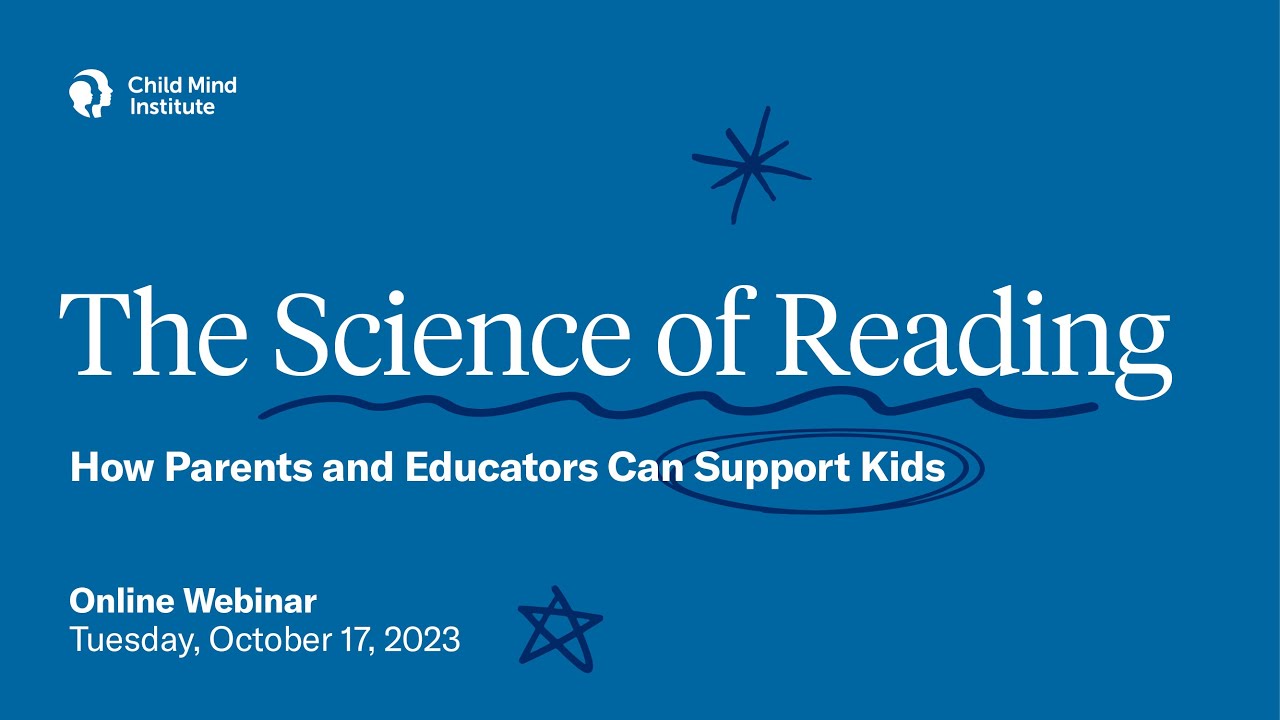Care Newsletter
Care and Support Updates
Updates on the latest clinical offerings from our centers in New York City and the San Francisco Bay Area.
October 31, 2023

FOR CAREGIVERS
The Science of Reading: How Parents and Educators Can Support Kids
Leading children’s mental health experts and educators came together this week for a special webinar focusing on the evidence-based approach to reading and how parents and educators can support kids with reading challenges. For more information on what brain research tells us is the most effective way to teach them, please see our 2023 Children’s Mental Health Report: Evidence-Based Reading Instruction and Educational Equity.

FOR EDUCATORS
How Kids Learn to Read
For some kids, learning to read comes easily no matter how they’re taught. But others need a specific kind of teaching called “systematic phonics-based instruction.” Learn why effective instructions make a big difference.

FOR CLINICIANS
Visiting Professor Lecture Series: Ketamine and Glutamate Modulators for Difficult-to-Treat Depression: Challenges and Opportunities
Please join us for this important lecture by Sanjay J. Mathew, MD, who is the Marjorie Bintliff Johnson and Raleigh White Johnson Jr. vice chair for research and a professor in the Menninger Department of Psychiatry and Behavioral Sciences at Baylor College of Medicine.
Join us on Friday, November 3, 2023,
11:30 am – 1:00 pm ED

CLINICIAN SPOTLIGHT
Julia Nunan-Saah, PhD
Julia Nunan-Saah, PhD, is a neuropsychologist in the Learning and Development Center and training coordinator at the Child Mind Institute in the San Francisco Bay Area. She specializes in the neuropsychological evaluation of children, adolescents, and young adults with a wide range of challenges that affect learning, behavior, and social-emotional functioning.
Clinical Programs
The Child Mind Institute’s clinical programs provide evidence-based services targeting specific skills in a tailored environment.
Interested in More Content Like This?
Sign up to get weekly resources like this delivered to your inbox.

